Nothing that is worth knowing can be taught
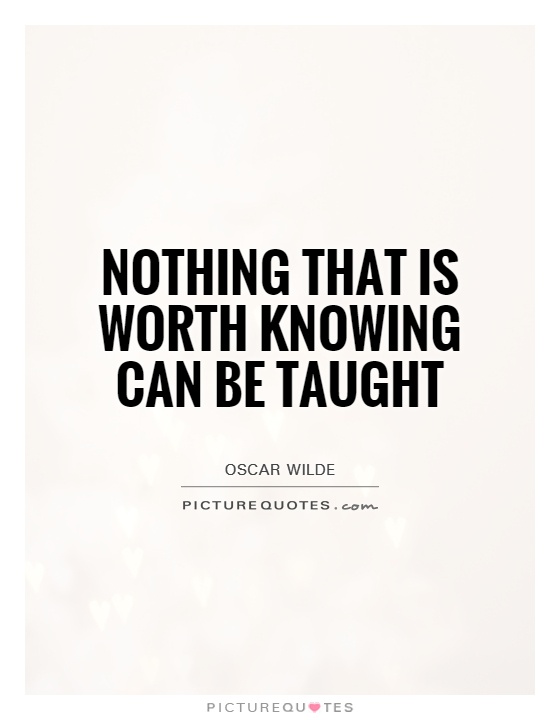
Nothing that is worth knowing can be taught
The statement "Nothing that is worth knowing can be taught" is a thought-provoking one that challenges the traditional notion of education and learning. It suggests that true knowledge and wisdom cannot be imparted through formal instruction or education, but must be gained through personal experience, introspection, and self-discovery.In many ways, this statement holds true. While formal education can provide us with a foundation of knowledge and skills, it is often through our own experiences and interactions with the world that we truly come to understand and appreciate the complexities of life. For example, a person may learn about the theory of love and relationships in a psychology class, but it is only through their own experiences in relationships that they can truly understand the nuances and complexities of human emotions.
Similarly, some of the most valuable lessons in life are learned through trial and error, through making mistakes and learning from them. These are lessons that cannot be taught in a classroom, but must be experienced firsthand in order to be truly understood and internalized.
Furthermore, the statement also suggests that true knowledge is not something that can be simply transferred from one person to another, but must be actively sought out and pursued. It requires a willingness to question, to explore, and to challenge one's own beliefs and assumptions in order to truly expand one's understanding of the world.
However, it is important to note that while personal experience and self-discovery are crucial in gaining true knowledge, formal education still plays a valuable role in providing us with the tools and resources to navigate the world. Education can help us develop critical thinking skills, analytical abilities, and a broad base of knowledge that can serve as a foundation for further exploration and discovery.





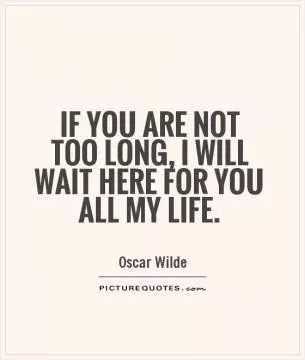
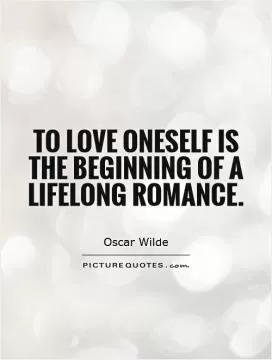

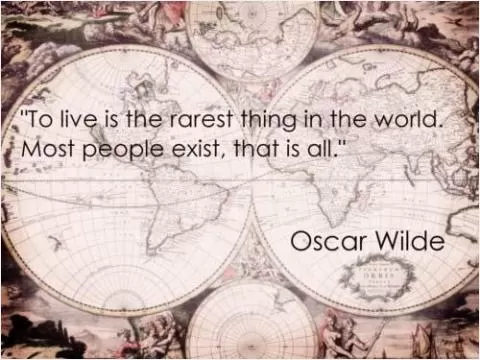
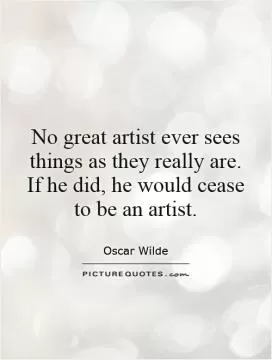


 Friendship Quotes
Friendship Quotes Love Quotes
Love Quotes Life Quotes
Life Quotes Funny Quotes
Funny Quotes Motivational Quotes
Motivational Quotes Inspirational Quotes
Inspirational Quotes